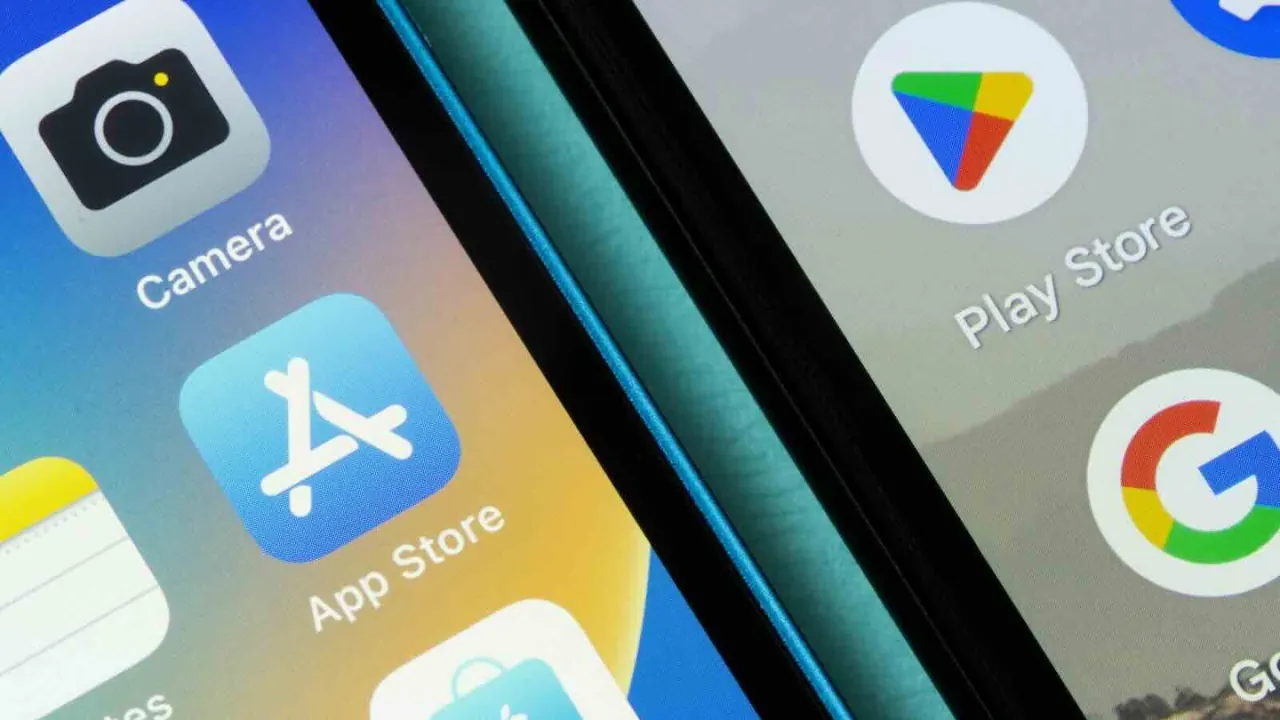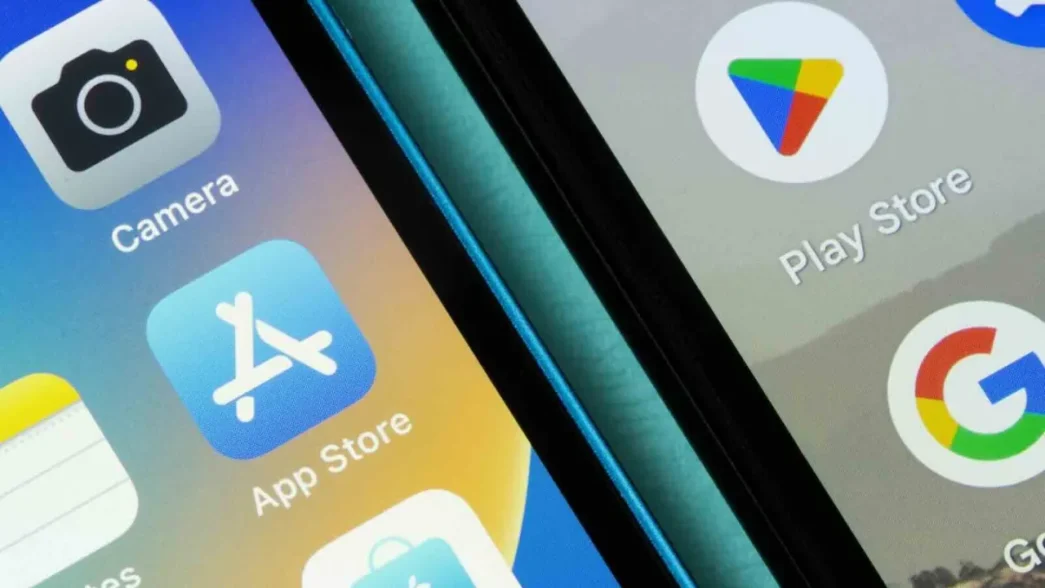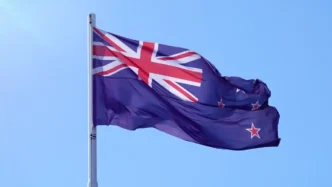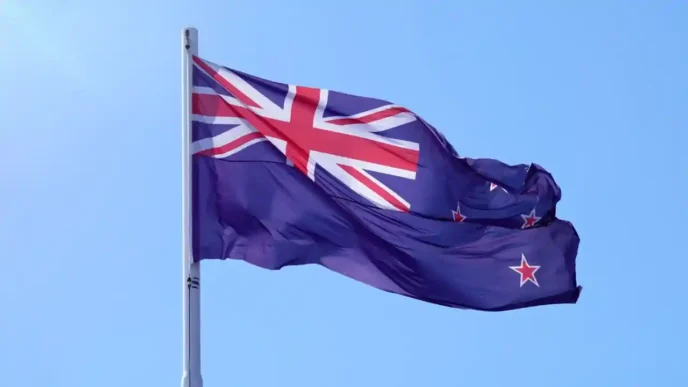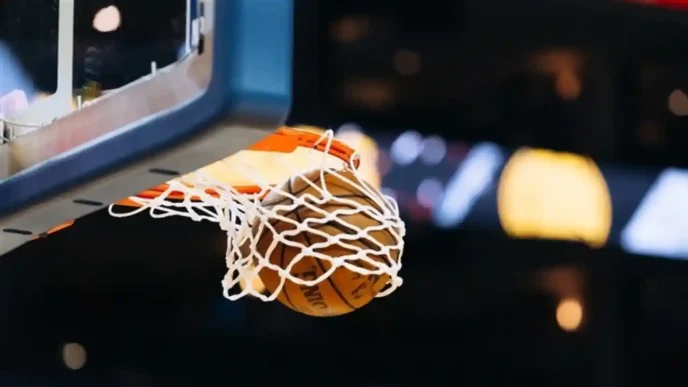Google and Apple are facing a lawsuit filed on November 27th in New Jersey, accusing the tech giants of violating the Racketeer Influenced and Corrupt Organizations (RICO) Act. The legal action targets their role in distributing sweepstakes casino apps, which critics claim operate as unregulated gambling platforms. This case shines a spotlight on the intersection of digital gaming, regulatory gaps, and the responsibilities of app store providers.
Sweepstakes casinos have grown popular in recent years, offering users free games with the option to purchase virtual currency. This currency can unlock game features similar to traditional gambling, such as slots, blackjack, and roulette. Adding to the controversy, some platforms incorporate sweepstakes mechanisms, offering players the chance to win real-money prizes. This hybrid model has raised concerns, as it effectively turns smartphones into gambling devices, critics argue.
The core issue is the legal ambiguity surrounding these apps. Sweepstakes operators claim to work within existing laws, as they differ from traditional gambling by not requiring wagers for participation. However, critics argue these platforms exploit loopholes, avoiding the licensing and tax obligations faced by regulated casinos. Despite operating outside traditional regulatory frameworks, their primary market remains the United States.
Google and Apple’s role in hosting these apps has come under scrutiny. The lawsuit alleges that by allowing these platforms to be distributed, the tech companies knowingly facilitate potentially illegal gambling activities. Additionally, both companies profit from the in-app purchases these games generate, which the lawsuit argues creates complicity in the alleged unlawful activity.
The financial stakes are significant. Companies like Virtual Gaming Worlds (VGW), which operates prominent sweepstakes casinos such as Chumba Casino, LuckyLand Slots, and Global Poker, have capitalized on the industry’s popularity. In 2023, VGW reported $4 billion in revenue, including $322 million in net profits. Their financial success has allowed them to secure high-profile sponsorships with Formula One races and collaborations with celebrities like Ryan Seacrest, Michael Phelps, and DJ Khaled.
For Google and Apple, the lawsuit raises questions about the extent of their responsibility as gatekeepers of digital marketplaces. While app stores have policies governing gambling-related content, the rapid evolution of the sweepstakes casino model has outpaced clear regulatory oversight. This legal ambiguity has led to a patchwork of opinions on whether these platforms should be considered legal or a form of gambling that requires stricter regulation.
The outcome of the lawsuit could have significant ramifications for the mobile gaming and digital gambling industries. If courts determine that Google and Apple bear responsibility for hosting these apps, it could prompt stricter oversight of app store content and policies, forcing tech companies to scrutinize gambling-adjacent apps more carefully.
The case also underscores the broader debate about regulating digital gaming in the United States. As the boundaries between gaming, gambling, and sweepstakes continue to blur, lawmakers may face increasing pressure to establish clearer guidelines. For now, the lawsuit against Google and Apple serves as a pivotal moment in addressing the complexities of digital gambling and app store accountability.
Related posts:
Kangwon Land Announces $128M Expansion to Elevate Casino Experience
